 |
 |
 |
 |
 |
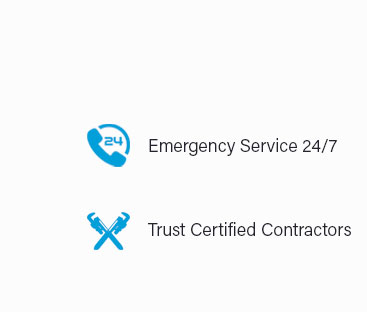 |
 |
 |
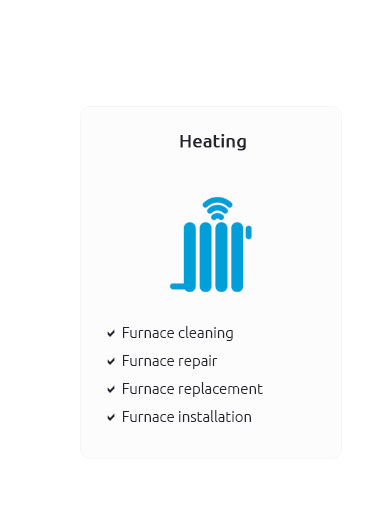 |
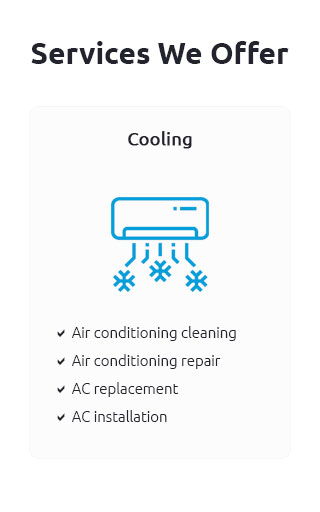 |
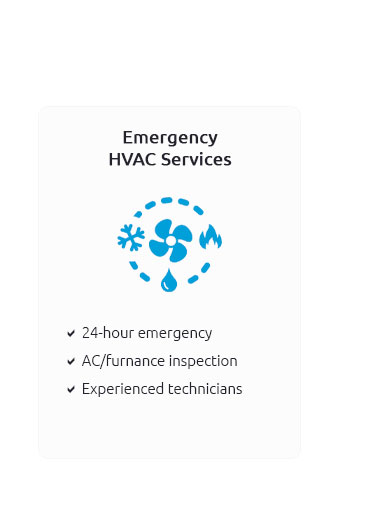 |
 |
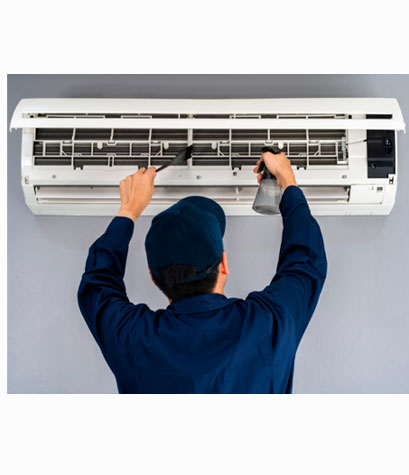 |
 |
 |
 |
The Evolution and Necessity of Replacement Air ConditionersAs the sweltering heat of summer approaches, many homeowners find themselves considering the state of their air conditioning units. The topic of replacement AC is more relevant than ever, not just as a matter of comfort but also of efficiency and environmental responsibility. Replacement air conditioners have evolved significantly over the years, with advancements in technology making them more energy-efficient, quieter, and better for the environment. The question of whether to repair or replace an air conditioning unit is a common dilemma. Many factors come into play, such as the age of the current system, its energy efficiency, and the frequency of repairs. Typically, if a unit is over 10-15 years old and requires frequent repairs, it might be more cost-effective to opt for a replacement. Modern units are not only more reliable but also come with improved technology that enhances performance and reduces energy consumption.
One might argue that the initial cost of a replacement AC is high, but when you consider the long-term savings on energy bills and repair costs, the investment begins to make more sense. Additionally, many utility companies offer rebates and incentives for upgrading to energy-efficient systems, which can help offset the initial expenditure. In conclusion, while the decision to replace an air conditioning unit can be daunting, understanding the benefits of modern replacement AC units can help make the decision easier. With improved energy efficiency, enhanced air quality, and quieter operation, investing in a new system not only increases comfort but also contributes positively to environmental efforts. It's a decision that, when made wisely, pays dividends in both personal comfort and environmental stewardship. https://www.bluewaterclimatecontrol.com/blog/understanding-the-average-cost-to-replace-air-conditioner-in-florida
The cost of replacing an air conditioning system in Florida typically ranges from $3,500 to $12,000. Various factors such as the type of unit, ... https://stradaservices.com/services/air-conditioning/replacement/
The Strada Air Conditioning and Heating team can remove your old equipment and add a new unit. Our AC replacement service covers homes and small businesses. https://www.mrcool.com/blog/replacing-your-ac-unit-what-are-the-costs
How much it costs to replace an air conditioner depends on many factors, making it challenging to identify a reliable price range for your unique needs.
|